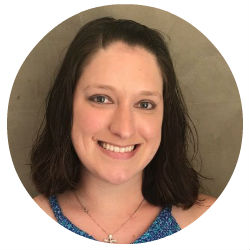#Weekend Wisdom
I’ve never been a reader but recently, I’ve come to enjoy it. This is something that I read and wanted to share since it was something I took to heart.
“Ready or not, some day it will all come to an end.
There will be no more sunrises, no minutes, hours or days.
All the things you collected, whether treasured or forgotten will pass to someone else.
Your wealth, fame and temporal power will shrivel to irrelevance. It will not matter what you owned or what you were owed.
Your grudges, resentments, frustrations, and jealousies will finally disappear. So too, your hopes, ambitions, plans, and to do list will expire.
The wins and losses that once seemed so important will fade away.
It won’t matter where you came from or what side of the tracks you lived on at the end.
It won’t matter whether you were beautiful or brilliant.
Even your gender and skin color will be irrelevant.
So what will matter? How will the value of your days be measured?
What will matter is not what you bought but what you built, not what you got but what you gave.
What will matter is not your success but your significance.
What will matter is not what you learned but what you taught.
What will matter is every act of integrity, compassion, courage, or sacrifice that enriched, empowered or encouraged others to emulate your example.
What will matter is not your competence but your character.
What will matter is not how many people you knew, but how many will feel a lasting loss when you’re gone.
What will matter is not your memories but the memories that live in those who loved you.
What will matter is how long you will be remembered, by whom and for what.
Living a life that matters doesn’t happen by accident. It’s not a matter of circumstance but of choice. Choose to live a life that matters.






Recent Comments